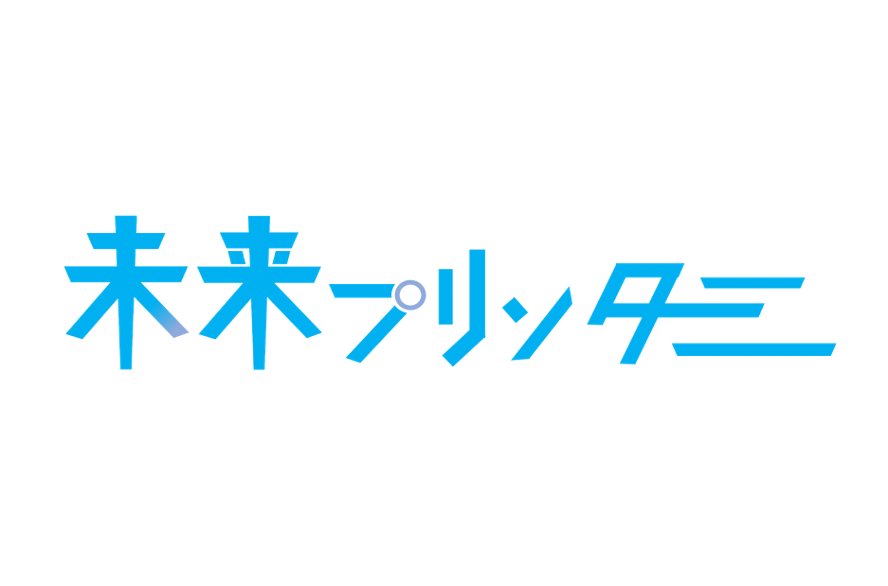We introduce our club "Dengiken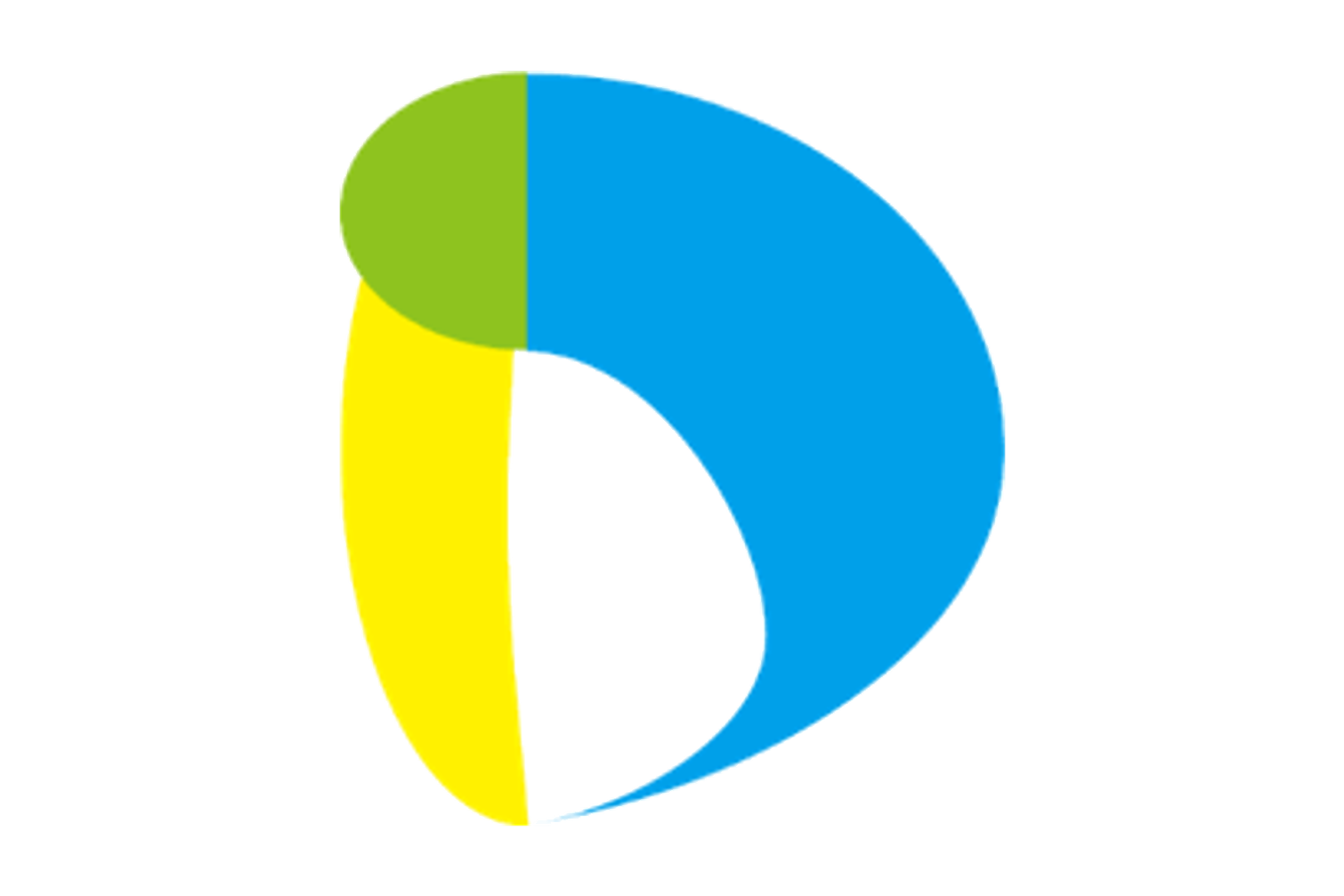 Dengiken is the club we belong to. The abbreviation is Dengiken. Each of us has our own project and conducts the research we want to do." on this page.
Dengiken is the club we belong to. The abbreviation is Dengiken. Each of us has our own project and conducts the research we want to do." on this page.

Source:dengiken.jp
▲Dengiken Dengiken is the club we belong to. The abbreviation is Dengiken. Each of us has our own project and conducts the research we want to do. logo
Dengiken is the club we belong to. The abbreviation is Dengiken. Each of us has our own project and conducts the research we want to do. logo
Table of Contents
Dengiken Dengiken is the club we belong to. The abbreviation is Dengiken. Each of us has our own project and conducts the research we want to do. is a club that encourages club members to do what they want to do. Therefore, every member has their own "project ."A project is a research in which the members find and do their own research.
Dengiken is the club we belong to. The abbreviation is Dengiken. Each of us has our own project and conducts the research we want to do. is a club that encourages club members to do what they want to do. Therefore, every member has their own "project ."A project is a research in which the members find and do their own research.
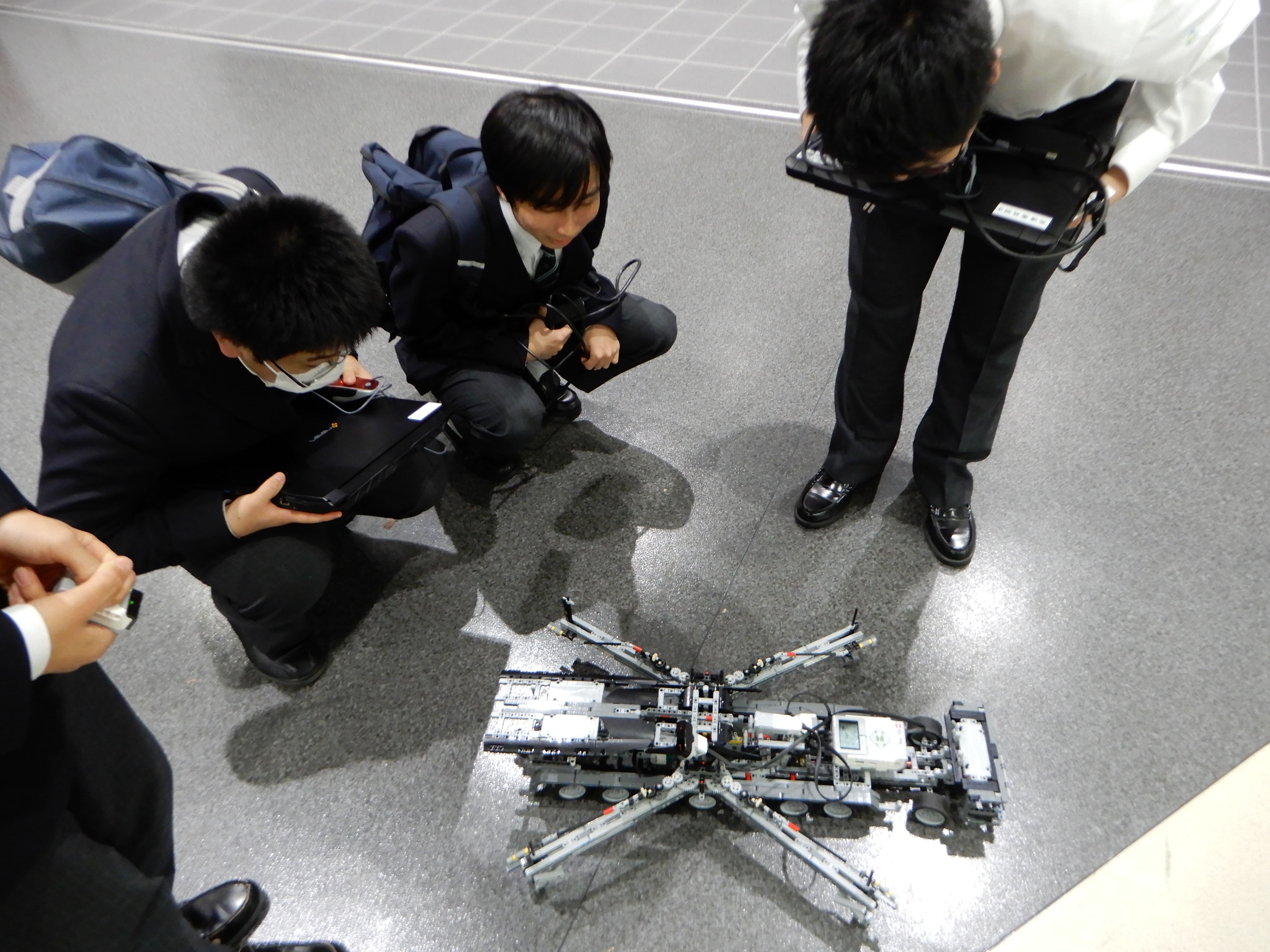
Source:dengiken.jp
Dengiken Dengiken is the club we belong to. The abbreviation is Dengiken. Each of us has our own project and conducts the research we want to do. has several projects, and the members conduct the research they want to do.
Dengiken is the club we belong to. The abbreviation is Dengiken. Each of us has our own project and conducts the research we want to do. has several projects, and the members conduct the research they want to do.
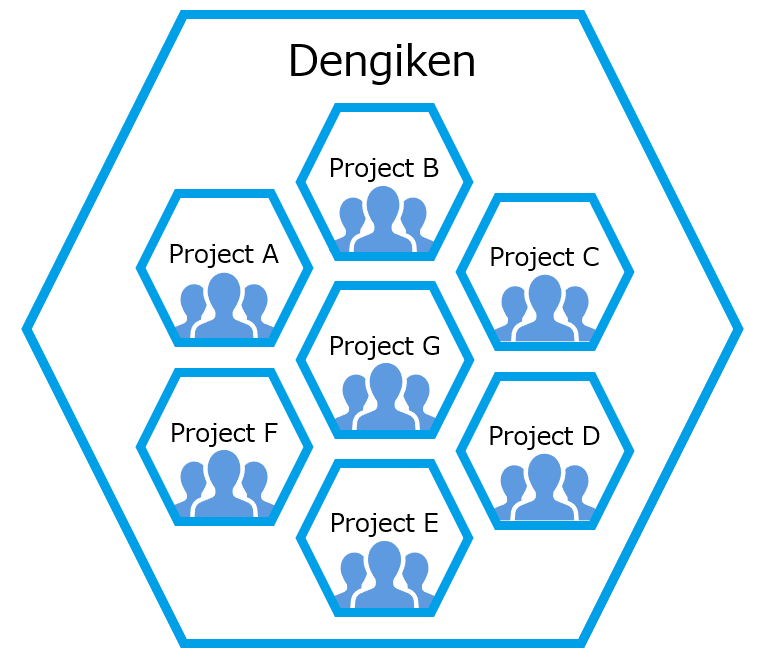
Made by us
▲Organization of Dengiken Dengiken is the club we belong to. The abbreviation is Dengiken. Each of us has our own project and conducts the research we want to do.
Dengiken is the club we belong to. The abbreviation is Dengiken. Each of us has our own project and conducts the research we want to do.
Within the big framework of our club, we create websites for the National Junior and Senior High School Web Contest.
Dengiken Dengiken is the club we belong to. The abbreviation is Dengiken. Each of us has our own project and conducts the research we want to do. follows the following principles in the project.
Dengiken is the club we belong to. The abbreviation is Dengiken. Each of us has our own project and conducts the research we want to do. follows the following principles in the project.
Only researching what we want to do is merely our self-satisfaction. Therefore, our club members do research based on our motto of "research and contribution." We introduce our research at our school festival and hold workshops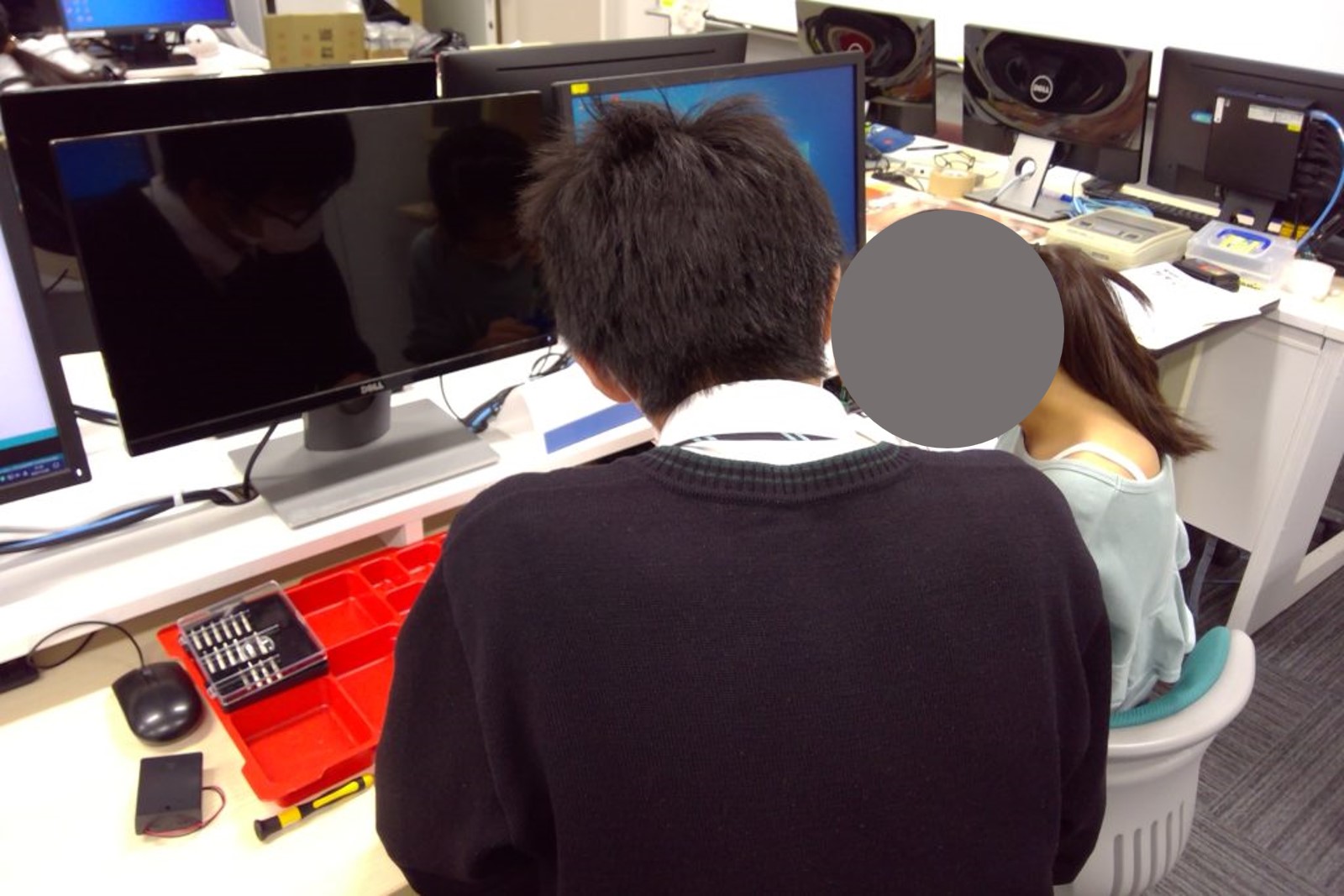 A workshop is a hands-on course. The Dengiken also offers a variety of workshops. based on our research.
A workshop is a hands-on course. The Dengiken also offers a variety of workshops. based on our research.
The most important parts of research are to have a hypothesis and to test it. We will introduce them later. The PDCA cycle
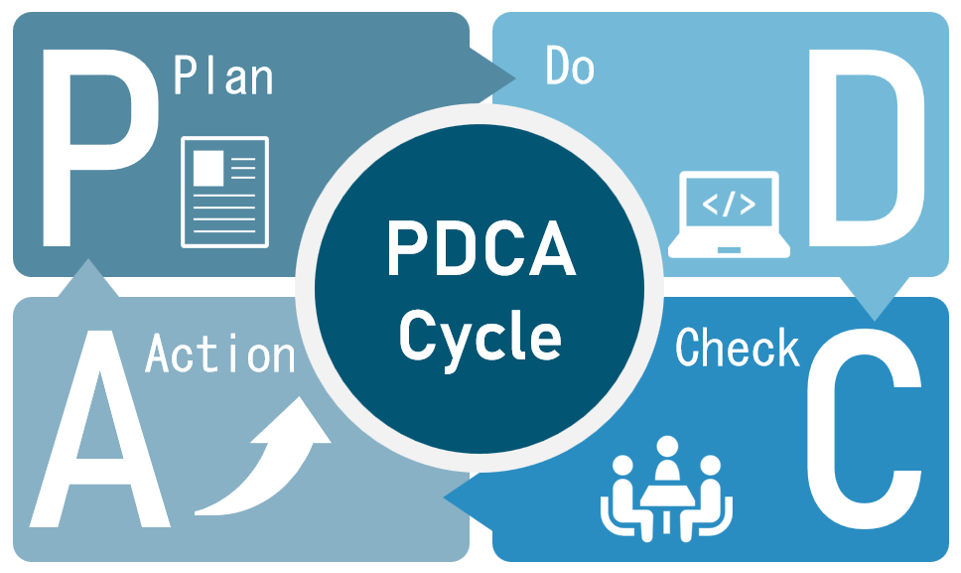 The PDCA cycle is a method of continuous improvement through a cycle of four processes: PLAN, DO, CHECK, and ACTION. is also important for research.
The PDCA cycle is a method of continuous improvement through a cycle of four processes: PLAN, DO, CHECK, and ACTION. is also important for research.
Passing on knowledge and skills from senior to junior club members is another critical part of our project.
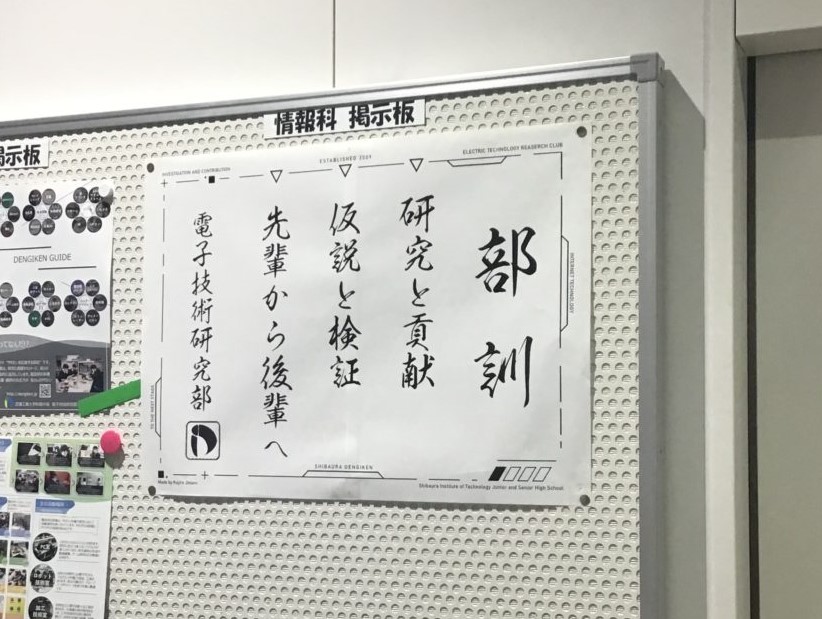
Source:dengiken.jp
▲The poster of our club motto is posted in front of our computer room.
We have a variety of equipment in our club room, which is useful for our research. We, for example, have computers, tablets, drones, RC cars, etc.
We have twelve 3D printers in total. Our club members of different teams use the printers to make necessary parts.

▲Our 3D printers located in our club room.
Place: Dengiken's club room
The goal of this project is to participate in competitions and improve our own skills and achieve good results.
The goal of this project is to pursue what we want to do, create an original text based on our research, and hold workshops A workshop is a hands-on course. The Dengiken also offers a variety of workshops..
A workshop is a hands-on course. The Dengiken also offers a variety of workshops..
The goal of this project is to create objects for the exhibition for our school festival and entertain people who visit our school.
The goal of this project is to collaborate with other schools to improve our skills by exchanging information with them.

Made by us
We carry out our projects based on the PDCA cycle The PDCA cycle is a method of continuous improvement through a cycle of four processes: PLAN, DO, CHECK, and ACTION..
The PDCA cycle is a method of continuous improvement through a cycle of four processes: PLAN, DO, CHECK, and ACTION..
Once we have decided what to do, we make a written proposal about a research project, hypothesis, budget, etc. We can obtain the budget for our research through negotiations with our teachers and our presentations.
Once our plan is approved and we obtain the budget, we move on to our research. We can do research with a variety of equipment.
We reflect on our research and identify what to improve by implementing questionaries, checking operations, holding events at our school festival, and holding workshops A workshop is a hands-on course. The Dengiken also offers a variety of workshops..
A workshop is a hands-on course. The Dengiken also offers a variety of workshops..
Based on the points for reflection and improvement that have emerged throughout the process so far, we will again make a plan and connect it to the "1.PLAN".
You can learn about our projects using 3D printers on the following pages. Please take a look.
